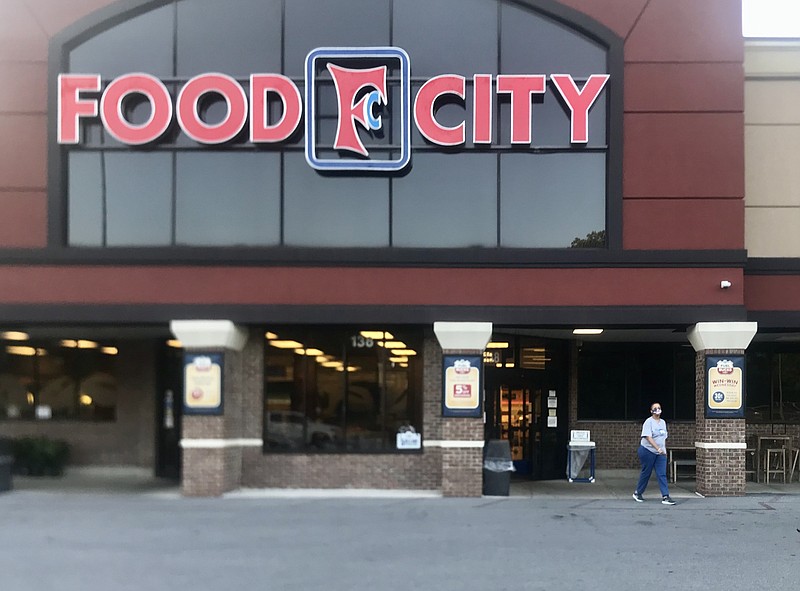Tennessee's attorney general is suing Food City over claims that the supermarket chain's pharmacies intentionally profited from the opioid epidemic by unlawfully selling tens of millions of prescription opioids in the state.
Attorney General Herbert Slatery filed the complaint Thursday against Food City in Knox County Circuit Court, saying more than 23% of the opioids the company's Tennessee pharmacies sold between 2006 and 2014 were from one Knoxville store.
According to the lawsuit, for that one store, Food City bought more 30-milligram oxycodone from its main distributor from October 2011 to January 2012 than was bought by all of the pharmacies in 38 entire states and the Washington, D.C. Additionally, the company sold large amounts of opioids to people from other countries and far-off U.S. states as multiple overdoses happened in stores or their parking lots, the lawsuit states.
"As part of an intentional, corporate-driven strategy to maximize profit centers elsewhere, Food City zeroed in on opioid sales at its in-store pharmacies and engaged in a series of unlawful acts that led it to become one of the biggest sellers of highly diverted opioids in Tennessee," Slatery said in his 208-page complaint against the company.
Slatery said the Food City pharmacies sold large quantities of opioids to Poland, Australia, Venezuela, the United Kingdom and Canada, and from faraway states within the United States, including Alaska, Arizona, California and at least 14 states beyond where Food City operates stores.
The lawsuit also asserts that Food City ignored or watered-down reports of suspicious subscribers, created a prescription savings card program that offered customers discounts on all opioids, enacted a policy to order as many opioids as a supplier would send to each store and pressured employees to increase opioid sales.
"It stoked the market with the most diverted and abused opioids, pushed its pharmacists to sell more and more, and ignored the most alarming evidence - overdoses and illegal sales taking place right outside the pharmacy door," Slatery said.
A spokesperson for Food City's parent company, K-VA-T Food Stores Inc., said the company will defend itself against the lawsuit's "grossly incorrect and unfair" allegations, saying a few of its pharmacies had dispensed a "high volume" of opioids so the company contracted with independent auditors and experts to assure its practices were compliant with state and federal regulations.
"The Attorney General unfortunately has joined the nationwide bandwagon led by the plaintiff's bar in bringing meritless attacks against pharmacies, having failed to make measurable progress in its efforts to hold manufacturer, distributors, and physicians accountable," spokesperson Tammy Baumgardner said in a statement.
Food City's parent company is based in Abingdon, Virginia, with 134 stores in southeast Kentucky, southwest Virginia, east Tennessee and north Georgia. The company operates 75 pharmacies in Tennessee.
Food City entered the Chattanooga market in 2015 when it acquired 29 supermarket stores from Bi-Lo. Slatery's complaint does not specifically cite any Chattanooga area pharmacies and focuses on stores in Knoxville and Sevierville where sales of the highly addictive oxycodone 30 mg (OXY 30) were most frequent over the past 15 years.
The lawsuit is one of several Tennessee has filed against companies over the opioid epidemic. Slatery also is in a leadership role in a group of state attorneys general investigating various opioid manufacturers and distributors and negotiating possible settlements.
Slatery said Tennessee will receive $15.2 million from a larger $573 million settlement announced this week with McKinsey & Co., a consulting firm targeted for its role in helping opioid companies promote their drugs.
